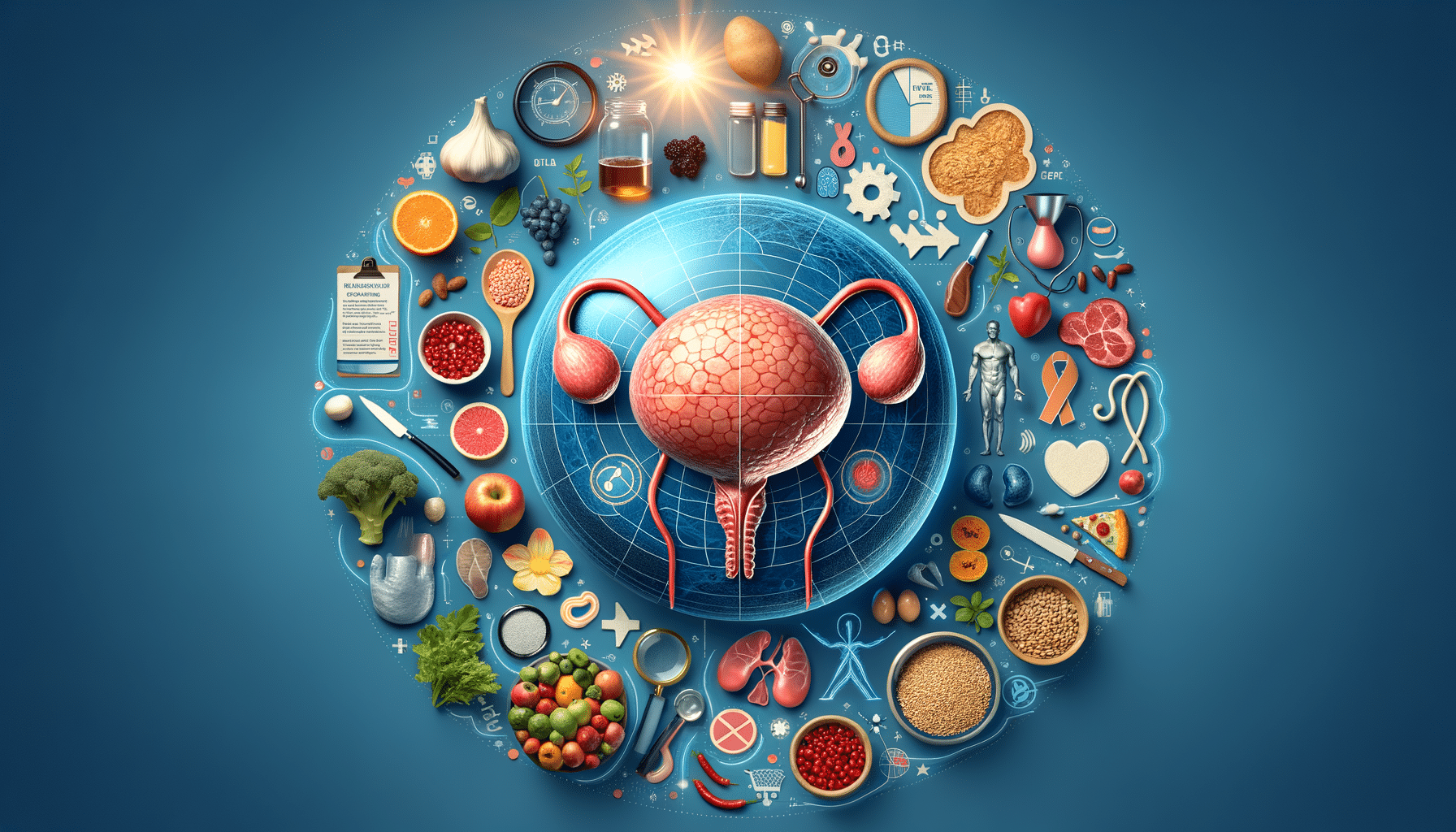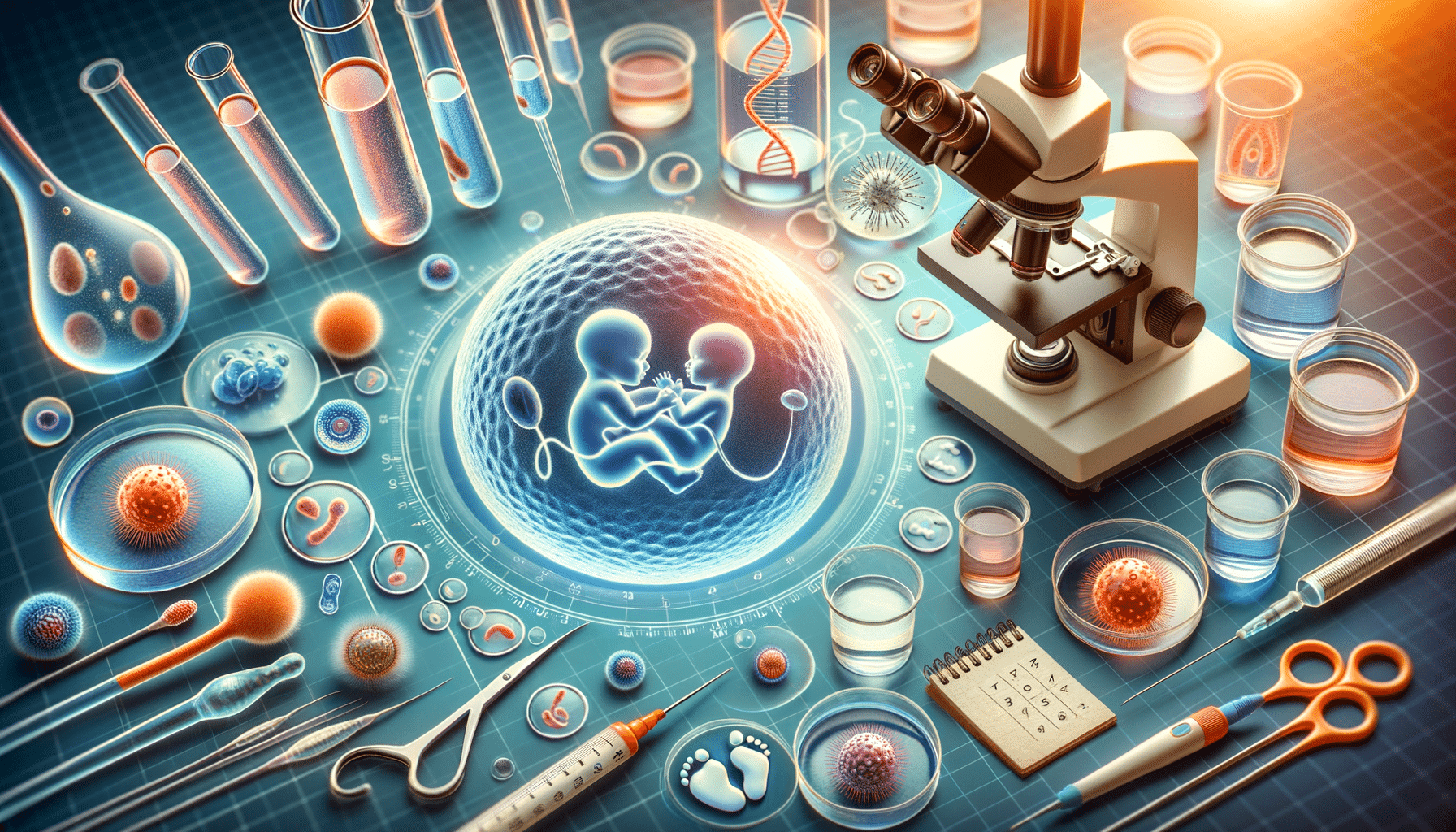
Understanding Prostate Cancer: Causes, Early Signs, Diet, and Lifestyle Guidance
Introduction to Prostate Cancer
Prostate cancer is a significant health concern affecting men worldwide. It is the most common cancer among men, apart from skin cancer, and the second leading cause of cancer death in men. Understanding prostate cancer, its causes, early signs, and lifestyle factors can empower individuals to make informed health decisions.
The prostate is a small gland located below the bladder and in front of the rectum. It plays a crucial role in male reproductive health, producing seminal fluid that nourishes and transports sperm. As men age, the risk of developing prostate cancer increases, making awareness and early detection vital components of effective management.
Causes and Risk Factors
While the exact cause of prostate cancer remains unknown, several risk factors have been identified. Age is a primary factor, with most cases occurring in men over 65. Family history also plays a role; having a father or brother with prostate cancer more than doubles a man’s risk. Additionally, genetic mutations, such as those in the BRCA1 and BRCA2 genes, can increase susceptibility.
Ethnicity is another significant factor, with African American men facing a higher risk compared to men of other racial backgrounds. Lifestyle factors, including diet and physical activity, can also influence risk. A diet high in processed foods and low in fruits and vegetables may contribute to the development of prostate cancer.
Early Signs and Symptoms
Prostate cancer often develops slowly and may not show symptoms in its early stages. However, as the cancer progresses, individuals may experience urinary symptoms such as difficulty starting urination, weak urine flow, or frequent urination, especially at night. Painful urination and blood in the urine or semen are also possible indicators.
It’s important to note that these symptoms can be caused by conditions other than prostate cancer, such as benign prostatic hyperplasia (BPH) or prostatitis. Therefore, consulting a healthcare professional for accurate diagnosis and appropriate testing is crucial.
Dietary and Lifestyle Considerations
Adopting a healthy lifestyle can play a vital role in reducing the risk of prostate cancer and supporting overall well-being. A balanced diet rich in fruits, vegetables, and whole grains, coupled with regular physical activity, can contribute to maintaining a healthy weight and reducing cancer risk.
Some studies suggest that certain foods, such as tomatoes, which contain lycopene, and foods rich in omega-3 fatty acids, like fish, may have protective effects against prostate cancer. Limiting red and processed meats and reducing dairy intake may also be beneficial.
Conclusion: Taking Charge of Your Health
Prostate cancer is a complex disease influenced by a variety of factors. While some risk factors, such as age and genetics, cannot be changed, adopting a healthy lifestyle can make a significant difference in managing risk. Regular screenings and consultations with healthcare providers are essential for early detection and effective management.
By staying informed and proactive, individuals can take charge of their health and make choices that support long-term well-being.


